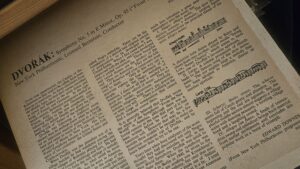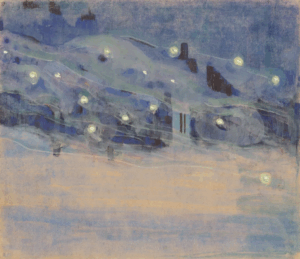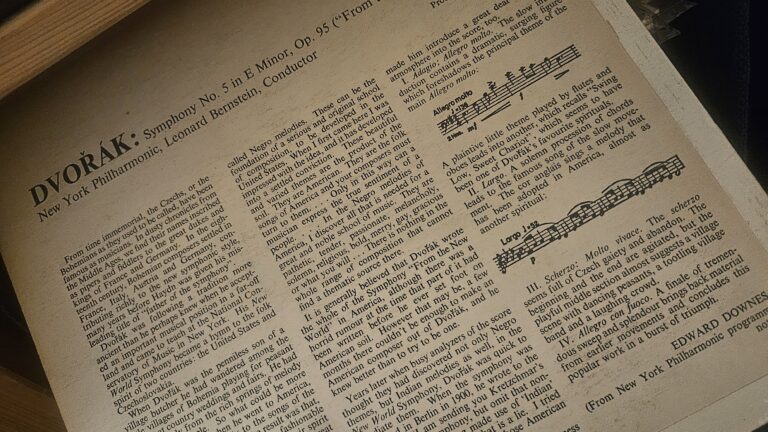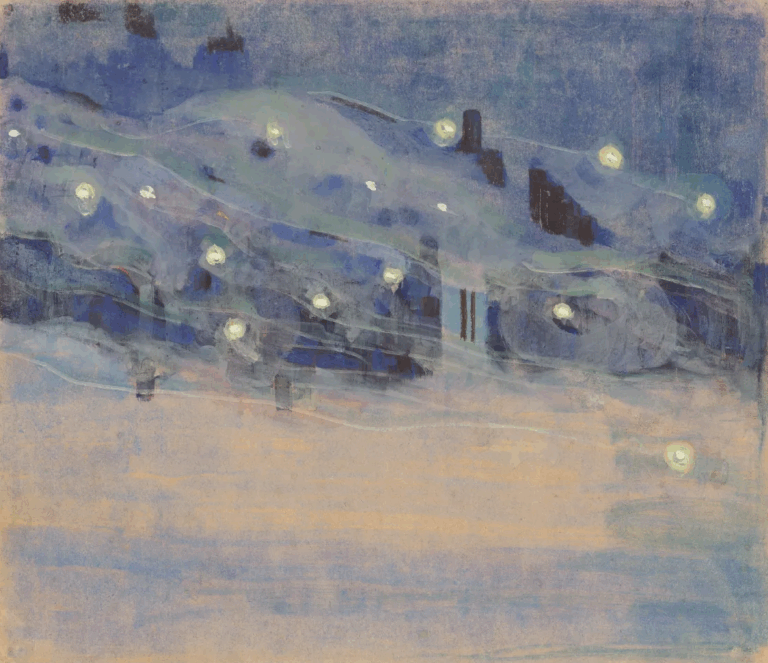Today’s book is published by the University of Washington Press and focuses on the life and work of Luo Ping, an XVII Century Chinese artist.
In 1771 the artist Luo Ping (1733–99) left his native Yangzhou to relocate to the burgeoning hub of Beijing’s Southern City. Over two decades, he became the favored artist of a cosmopolitan community of scholars and officials who were at the forefront of the cultural life of the Qing-dynasty (1644–1911). From his spectacular ghost paintings to his later work exploring the city’s complex history, compressed spatial layout, and unique social rituals, Luo Ping captured the pleasures and concerns of a changing world at the end of the Qing’s “Prosperous Age.”
This study takes the reader into the vibrant artistic and literary cultures of Beijing outside the court and to the networks of scholars, artists, and entertainers that turned the Southern City into a place like no other in the Qing empire. At the center of this narrative lie Luo Ping’s layered reflections on the medium of painting and its histories and formal conventions. Close reading of the work of Luo Ping and his contemporaries reveals how this generation of experimental artists sought to reform ink painting, paving the way for further developments in the nineteenth and twentieth centuries. Drawing on a vast range of textual and visual sources, The Ghost in the City shares groundbreaking research that will transform our understanding of the evolution of modern ink painting.
It’s another marvellous book by an Italian scholar and an instant favourite of mine. Michele Matteini is assistant professor of art history at New York University and associate faculty at the Institute of Fine Arts.










No Comments